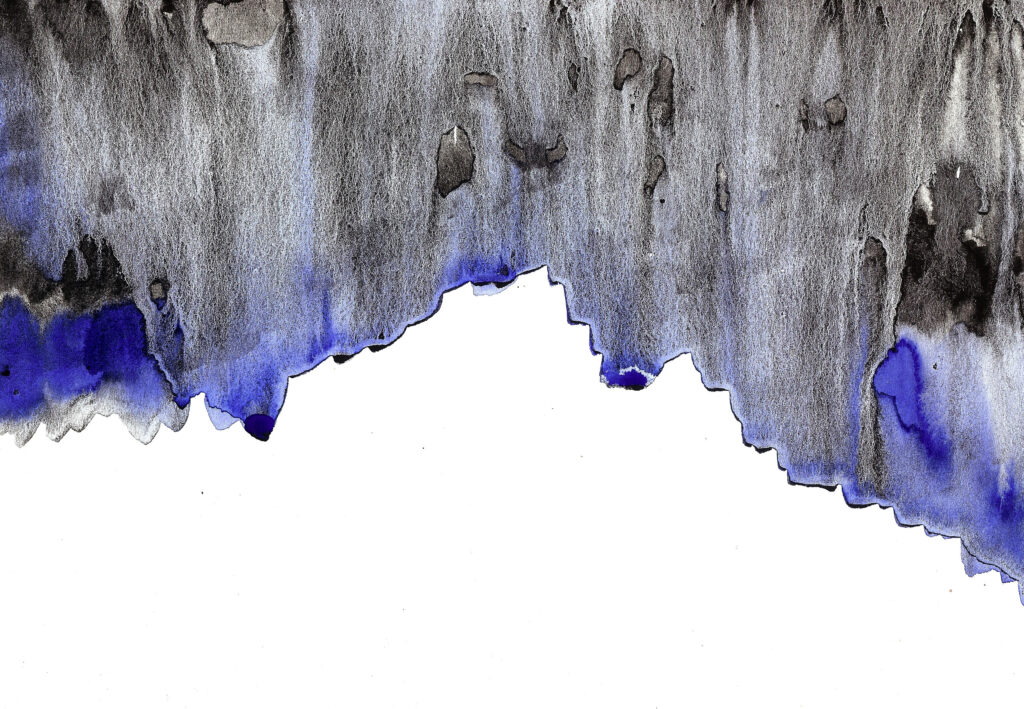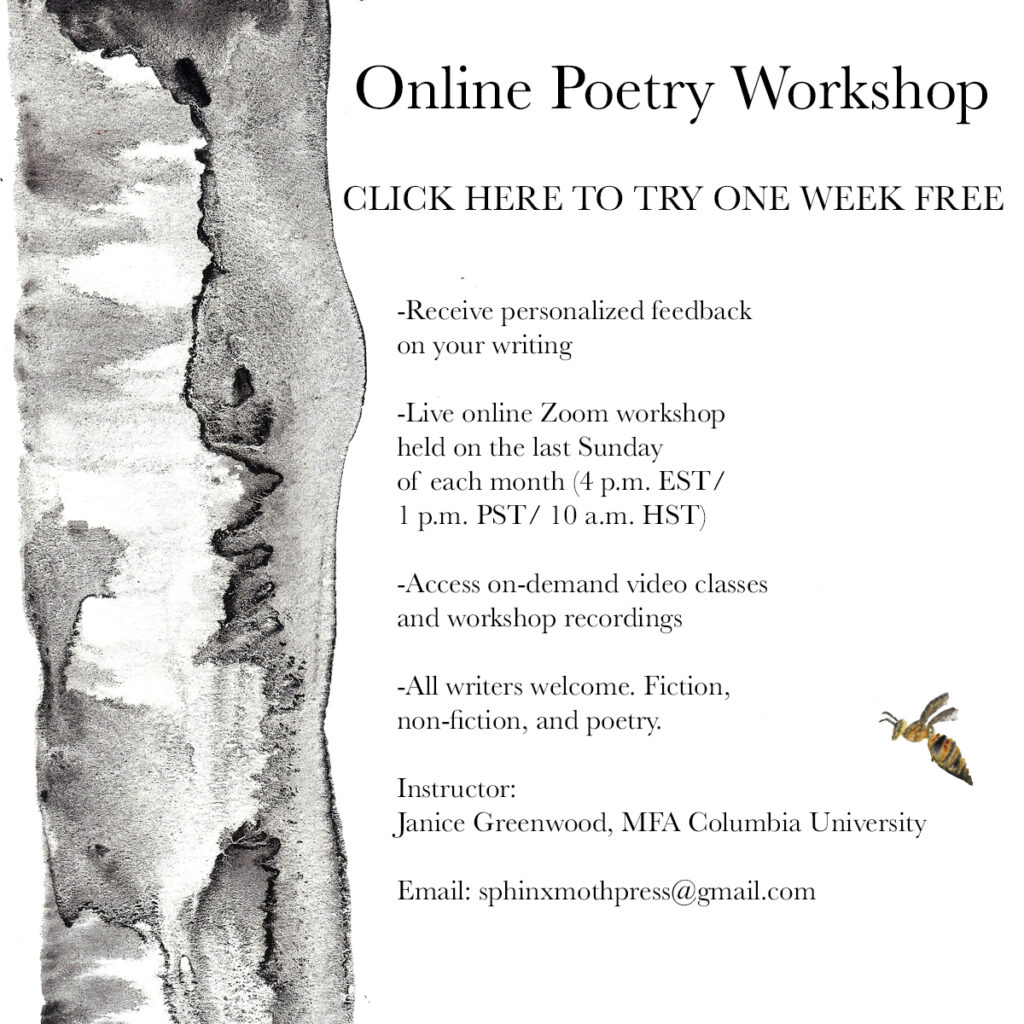When I was first learning how to surf, I didn’t understand something essential. When big waves hit the sand, the force is known as shore break, and it can kill you—or seriously injure. I was 30 years old and learning how to surf in Miami, of all places. One day, I found myself at the beach on one of those rare days when the waves in Miami are perfect—for experienced surfers. For me, with my foam surfboard still trying to learn, the waves out in the ocean inspired in me a special kind of terror. No worries, I thought, I’ll be safe, I’ll just surf by the shore. This was a mistake. I surfed right into the sand, and got pretty bruised up. I was lucky. Shore break can kill. Six years later, I found myself facing the same issue. This time the surf spot was Waimea Bay, and the waves were bigger. Much bigger. The shore break was also much bigger. No worries, I told myself. I’ll just paddle out past the shore break and sit in the channel. I knew better than to try to paddle out to the lineup where those big waves were actually breaking, but I wanted to feel the energy of the ocean in my bones (maybe I wanted it in the bones too much). After watching the ocean for about an hour, I finally paddled out, timing my entry. I sat in awe of the waves that rolled in, and then, when I’d had enough, in between sets, I paddled in. I was lucky. I didn’t break any bones. Adam Grant writes about the humility of the beginner and overconfidence cycles in those who are more experienced in Think Again. I’ve been thinking a lot about Adam Grant lately.
Specifically, Grant writes about the Dunning-Kruger effect. The researchers “found that in many situations, those who can’t… don’t know they can’t. According to what’s now known as the Dunning-Kruger effect, it’s when we lack competence that we’re most likely to be brimming with overconfidence.” The person with beginner’s mind is never overconfident. When I was learning how to surf, I knew better than to try to catch waves out in the lineup. I stuck to the whitewash and had a great time.
It is when we finally gain some competence that we become dangerous? Grant believes so. I know so. There comes a point in my learning curve where I enter a phase I’d like to call “maniacal overconfidence.” Or “dangerous competence.”
When I first learned how to surf, I remember bargaining with the unruly ocean. I promised the ocean that if it let me just stand up on the surfboard, I’d be happy and ask for nothing else. I watched the surfers way out there, sitting out in the water near the horizon, a place that terrified me, catching these steep waves, and it never occurred to me that I’d ever be able to do that. When I started surfing, I underestimated my ability to improve. It took me three months just to learn how to stand up. I am terribly stubborn, and I refused to take lessons, so I kept making the same mistakes over and over. (I kept putting my feet and hands in the wrong place over and over.)
Eventually, I learned how to stand up, but only after giving in and watching an instructional video online. If you’re trying to learn how to surf unbroken waves and finding yourself struggling, I highly recommend Surf Simply’s tutorial on Catching Unbroken Waves. That man is a genius. He helped me to realize that the feeling of falling forward on the wave would result in the instinct to put my hands forward. I kept eating shit because I kept putting my hands forward and the only way for me not to eat shit was to recite a little mantra in my head that reminded me to keep my feet and hands back.
Within a few years, I’d find myself surfing winter waves in New Jersey and New York, tucking my head under frozen lips of black water on freezing cold winter days. And then I’d visit Puerto Rico and paddle out on head-high days, and sometimes bigger days than that, facing mountains of water like nothing I’d ever seen in my life, in awe of the power and beauty of the ocean. I thought that was my limit. I paddled out on a rising swell, and had the fear of god put into me.
And then I moved to Hawai’i and started driving to the North Shore in the winter, and I found myself seeing the ocean behave in ways I’d never before seen it behave. And I thought, maybe I can catch those waves. And that’s how I found myself, about six years after learning how to surf (I learned to surf at 30), sitting on the shore at Waimea Bay, thinking that I might have reached a level of dangerous competence.
Adam Grant, in Think Again, writes: “It’s when we progress from novice to amateur that we become overconfident. A bit of knowledge can become a dangerous thing.”
I’ve been there before—when rock climbing, trying climbs far above my ability level too soon. Getting myself into scary situations without ropes. So, as I sat on the shore in Hawai’i watching the waves, that feeling of having been here once before crept upon me. I knew enough about how the water behaved to paddle out to the lineup. But did I know enough about how to catch those waves once there? And more importantly, did I know enough to not be a danger to myself and others out there? Every year, in Hawai’i, North Shore lifeguards have to rescue hundreds of people out of the water. I don’t ever want to have to be rescued while trying to surf.
“As we gain experience, we lose some of our humility. We take pride in making rapid progress, which promotes a false sense of mastery. That jump starts an overconfidence cycle, preventing us from doubting what we know and being curious about what we don’t.”
Guilty and guilty.
What is to be done?

Grant writes that our willingness to learn, and a willingness to doubt ourselves is the key. We can ask ourselves “whether we have the right tools in the present” while remaining “confident” in our “ability to achieve a goal” in the future. He writes in Think Again that we should all strive for a state of confident humility.
So, rather than blindly paddling out into the ocean on big wave days, I thought about some of the areas where I already knew I was weak. For one, I couldn’t hold my breath for long. If a wave dragged me under, I’d need to be able to hold my breath longer. I started training to extend the time I could hold my breath. I also recognized that there was much I didn’t know about safety, so I signed up for the Big Wave Risk Assessment Group’s online Surf Responder Online Course. Like Adam Grant, the instructors talk about unconscious competence. I realized I’d need to find a mentor, someone who knew more than me, who could help me better assess my abilities and limits.
Sometimes we need to ignore fear to push ahead and succeed. But sometimes, we need to listen to fear, to listen to the questions it wants us to ask. Adam Grant writes about successful people: “Although they have faith in their strengths, they’re also keenly aware of their weaknesses. They know they need to recognize and transcend their limits if they want to push the limits of greatness.”
The lessons about humility I continue to learn from surfing and rock climbing, I apply in other areas of my life, too. But nature is not as forgiving as other people. It helps to be checked from time to time by a force greater than oneself.

About the Writer
Janice Greenwood is a writer, surfer, and poet. She holds an M.F.A. in poetry and creative writing from Columbia University.
